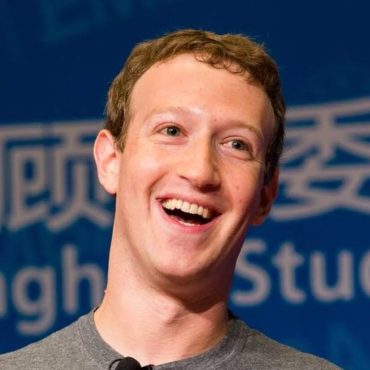Marketers need to start giving millennials what they want: artificial intelligence
Artificial intelligence is no longer a figment of the sci-fi writer’s imagination, nor is it something to be feared – Siri made sure of that. As a generation grows up with AI in their pockets, marketers need to stop shying away from it and embrace it, writes Mailee Creacy.
Elon Musk and Mark Zuckerberg are the latest high-profile business leaders to butt heads over the use of artificial intelligence, with the two trading barbs over the regulation of AI.
Musk has issued warnings about the potential dangers of the technology while Zuckerberg believes people shouldn’t slow down progress.

Zuckerberg is a fan


If you mean AI in the literal sense, a conscious being that is able to think for itself, then Skynet will take over in a short few years.
But yeah, I get your point. Machine learning and one-to-one marketing – its needed. But misuse of the ‘AI’ buzz-word HAS to stop.
Nobody wants a self-concious, decision making, CPA-lead robot leading humanity down a garden path.
Re: Phil’s remark: “Nobody wants a self-concious, decision making, CPA-lead robot leading humanity down a garden path.”
Cheers to that!